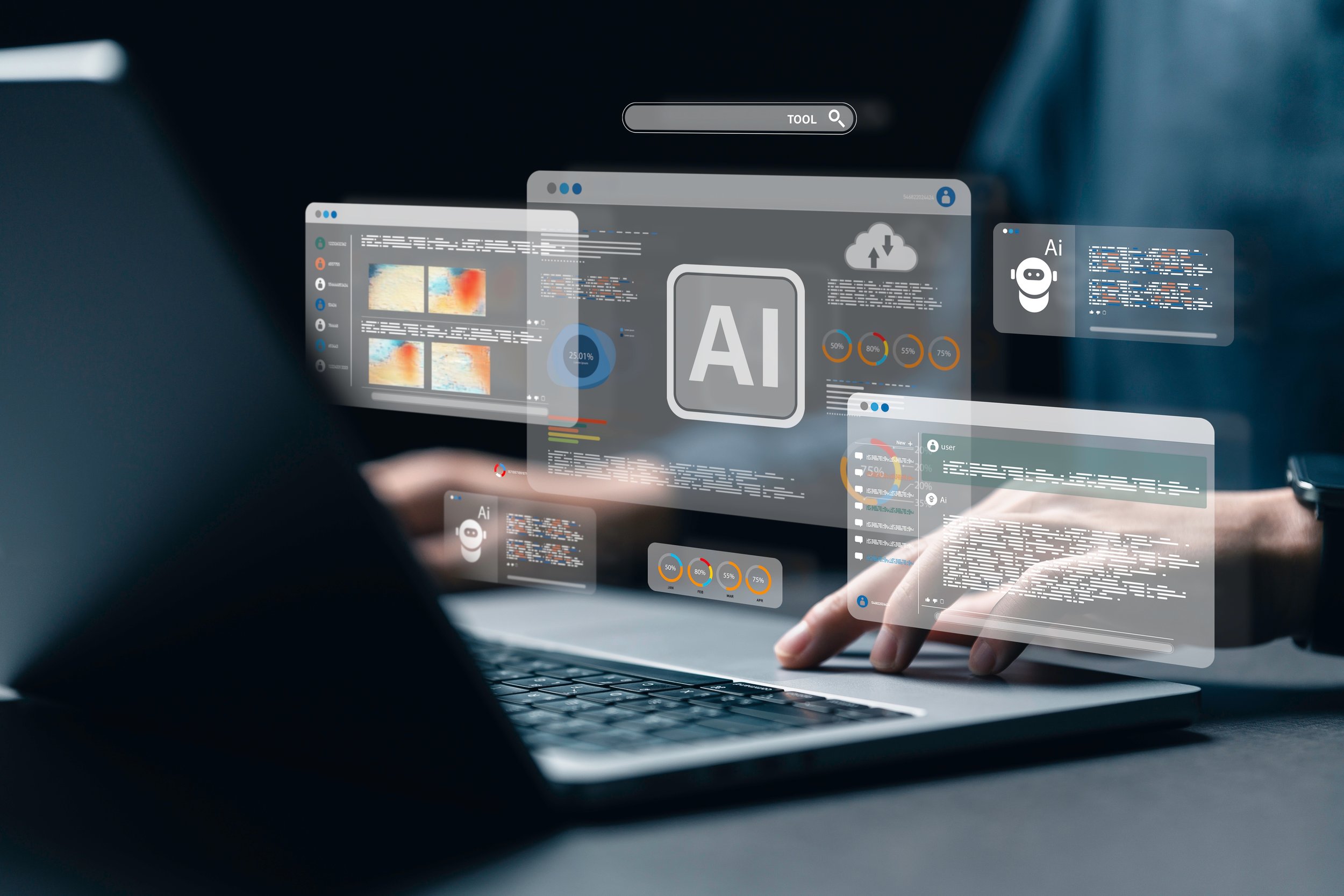Harnessing AI and Innovative Online Strategies for Faculty Training
Integrating artificial intelligence (AI) into online faculty training signals a significant shift in higher education pedagogy and professional development. Combining adaptive learning algorithms with immersive virtual environments enables personalized, scalable training, unlike traditional models. Rather than replacing educators, AI can augment them, enhancing teaching capabilities and unlocking potential. This piece explores AI’s diverse impacts, from customized learning to simulating classrooms, optimizing instruction, and innovating future training. While requiring ethical care, AI propels faculty development into a new era of enriched potential.
Revolutionizing Personalized Learning
A significant benefit of AI is the ability to provide customized training matched to each faculty member’s strengths, gaps, pace, and style. Advanced algorithms track progress, analyze patterns, predict optimal resources, and continuously tailor lessons using big datasets to personalize at scale. This precision far exceeds one-size-fits-all development. Early experiments show AI tutoring achieving learning gains comparable to expert human coaching and mentoring. Imagine that level of personalized guidance available to every educator.
Additionally, AI chatbots provide on-demand support, feedback, and coaching conversationally, like having a master teacher 24/7. Chatbots answer questions, explain concepts, identify growth areas, recommend materials, and build motivation through relationships. They make expert-like mentoring accessible organization-wide. This expands access and convenience for faculty balancing responsibilities.
Overall, AI facilitates shifting from episodic workshops to continuous learning informed by data-driven insights. Gone are days of generalized offerings misaligned to all. Instead, AI enables endless refinement attuned to each educator’s evolving needs and goals.
Simulating Immersive Classrooms
Virtual, augmented, and mixed reality transform faculty training by simulating classroom environments. Realistic simulated classrooms allow safe practice of teaching methods by roleplaying lessons with responsive virtual students. This experiential learning builds critical skills from classroom management to differentiated instruction. Augmented overlays provide instant feedback during lessons, like data visualizations revealing student comprehension. Compared to conceptual studies, these simulations accelerate readiness through applied practice.
Equally impactful, simulated classrooms provide risk-free spaces to tackle challenging scenarios and hone responses. Situations like disengaged students, academic misconduct, heated debates, bias incidents, disclosures, and crises can be simulated and practiced safely. This builds experience before encountering real classroom complexities. AI will enable increasingly authentic simulated classrooms to synthesize classroom data.
Optimizing Instruction with AI
AI’s potential goes beyond simulations to enhance pedagogy. Algorithms help instructors improve teaching effectiveness by extracting data-driven insights from previous courses. Analyzing patterns in assessments, engagement, comments, and behaviors reveals successes and struggles. Instructors can then refine curriculum and tactics based on evidence over guesswork.
Additionally, AI engines embedded in learning platforms provide real-time guidance. They track focus, emotions, and comprehension via sensors, proposing modifications to reengage learners who appear distracted before falling behind. Auto-generated content maps and recommendations also help faculty link concepts across lessons. AI becomes teachers’ attentive assistant.
Critically, AI aims not to replace instructors but to complement them through enhancements, saving time for relationships and complex duties technology cannot equal. This symbiosis gives learners both human and AI support.
Navigating the Ethics of AI
To use AI responsibly, faculty training must include ethics foundations. This entails grasping inherent biases, privacy considerations, risks, proper applications, and the need for transparency in AI systems. Educators shape students’ technology perspectives in society. They must model nuanced appraisal combining utilization and moral discernment.
Development should also emphasize uniquely human strengths like creativity, emotional intelligence, ethics, critical thinking, and communication, exceeding AI capabilities. Multidimensional education remains vital. With AI handling information retrieval and tutoring, teachers become more essential for inspiration, mentoring, and guiding knowledge application and character growth. Training should heighten these irreplaceable human gifts.
Innovating Faculty Training Through AI
The meteoric rise of artificial intelligence presents a pivotal opportunity to transform faculty training, but only with concerted effort. Institutions must shift from conceptual study to hands-on piloting and implementation, assessing and scaling AI innovations aligned to pedagogical goals. This necessitates an agile, experimental culture iterating based on data and feedback.
These initiatives should engage cross-sector partnerships between educators, learning scientists, and technologists to tailor optimal AI applications to faculty needs. Teacher training should help steer AI’s evolution, not just adopt generic platforms. Policy and standards co-development is also vital to managing privacy, security, accessibility, biases, and risks thoughtfully. With teamwork and care, positive change is within reach.
Envisioning AI’s Role in Faculty Development
Imagining potential applications highlights AI’s promise for faculty training phases:
Teaching: AI tutors provide personalized coaching during instruction, offering feedback, answering questions, and recommending content improvements.
Training: Simulated classrooms enable safe skill practice, from lecturing to small groups. AI tutors identify growth areas and recommend personalized learning pathways. Augmented reality provides real-time teaching feedback.
Retention: AI chatbots give ongoing mentorship, inspiration, and guidance to prevent burnout. Teaching analytics spot disengagement early for intervention.
Onboarding: Intelligent chatbots offer 24/7 customized transition support. Virtual tours and simulations build campus familiarity. Adaptive training accelerates preparedness.
Evaluation: AI evaluates curriculum and teaching using assessment patterns, engagement, comprehension, and satisfaction to highlight successes and improvement areas. Reviews get enriched with data.
Course Development: Intelligent systems generate customized course materials aligned with learning objectives. Design software enables rapid iteration. Content automatically indexes for discoverability.
This ensemble of AI innovations across faculty journeys has immense potential to enrich support, teaching, and growth.
The Future of Faculty Training
Integrating artificial intelligence into faculty training commences a new era in higher education pedagogy and talent cultivation. AI offers immense potential to elevate teaching and student success through personalized, simulated, optimized, and expanded learning. This future upholds educators’ irreplaceable role while amplifying their impact.
With conscientious implementation and ethics, AI can help create a more adaptive, inclusive, and empowering development ecosystem, preparing faculty to excel amid exponential change. While requiring diligent stewardship, thoughtful innovation promises to advance teaching scholarship and culture. By embracing this vision of synthesizing human and artificial intelligence, higher education can unlock once unimaginable frontiers of possibility.


